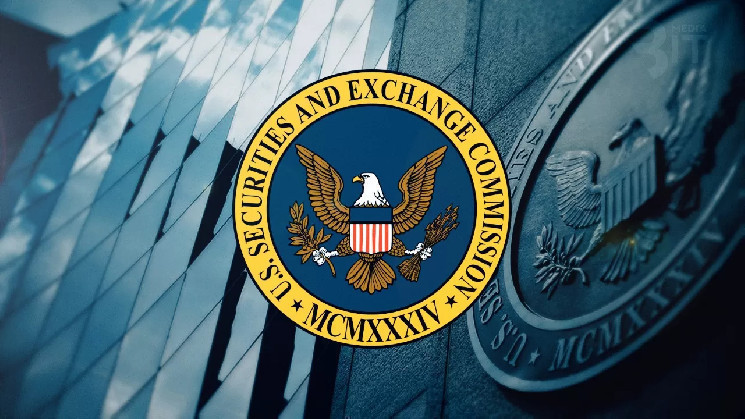The recent actions taken by the U.S. Securities and Exchange Commission (SEC) against Chicago-based trading firm Cumberland DRW have sent a clear warning signal to participants in the cryptocurrency market, especially those with ties to traditional finance. Regulatory experts have noted that this case serves as a general warning to other firms operating in the crypto space.
According to the SEC’s lawsuit, Cumberland DRW is being accused of operating as an unregistered dealer in the cryptocurrency markets, with the regulator pointing to nearly $2 billion worth of transactions that it claims constitute securities transactions. Sean Tuffy, a regulatory expert, commented that this case should be seen as a warning shot to similar firms and that there may be more cases on the horizon.
This legal action aligns with SEC Chairman Gary Gensler’s efforts to classify most cryptocurrencies as securities. The agency has also taken legal action against major exchanges like Binance, Coinbase, and Kraken for similar reasons. Despite the SEC’s continued scrutiny of the crypto space, the case against Cumberland DRW is significant due to the firm’s ties to traditional finance.
Cumberland DRW, the crypto trading division of commodities trading firm DRW, has a long history and notable clients like Fidelity. The firm plays a key role in the crypto ecosystem by providing market-making services and liquidity for institutional investors. Additionally, Cumberland DRW is a major issuer of the Tether stablecoin and collaborates with leading crypto exchanges.
Tuffy highlighted that the SEC’s actions against Cumberland DRW may signal a shift towards scrutinizing organizations with more traditional elements in the crypto world. Many in the industry are concerned about the SEC’s approach, which some see as “regulation by enforcement,” where the agency takes legal action against noncompliant companies without clear regulatory guidelines.
In response to the lawsuit, Cumberland DRW expressed disappointment and stated that it would adjust its business practices accordingly. The firm emphasized its commitment to compliance and adherence to regulations, despite the evolving regulatory landscape.
Former SEC attorney John Reed Stark defended the agency’s actions, stating that crypto tokens are investments subject to regulatory oversight. He argued that the SEC is simply doing its job by enforcing regulations in the crypto space.
It is crucial for firms operating in the cryptocurrency market to stay informed about regulatory developments and ensure compliance with existing laws. As the industry continues to evolve, regulatory scrutiny is expected to increase, emphasizing the importance of strong compliance frameworks and adherence to regulations.

